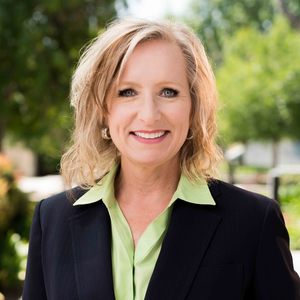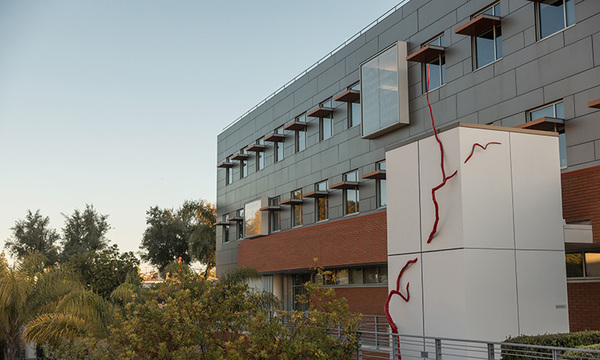What we think about work, ministry and calling directly affects our view of the Christian life.
Most, if not all adult church members spend the majority of Monday to Friday in their job, in the home or in the workplace. Many feel like second-class citizens. They might go on mission trips where ŌĆ£real ministryŌĆØ happens, or maybe they write big checks to nonprofit ministries. Some days, this all seems more spiritual to the church member than it does if they balance the books, hire a new team member or help their child with homework.
Talbot School of TheologyŌĆÖs Center for Faith, Work and Economics is leading the conversation within Talbot, among churches and in the marketplace to explore the intrinsic value and calling of work and how to practically and effectively embrace this in the local church. Building upon biblical truth and strategic thinking, the Center for Faith, Work and Economics is resourcing local churches in order to transform how we think about the Christian mission in the world and how to engage with culture.
Can ministry and kingdom work only be associated with the work of a local church, a nonprofit or in jobs that are in a helping profession, like nursing or teaching? Is work in the marketplace more important than work in the home? Is work in the local church more important than work in the marketplace?
Work was designed to provide intrinsic value for human flourishing and a better society. Work is part of our service to Christ. Work when done in the hands of a believer is ministry. An increasing number of churches are exploring how work matters. Initial interest within the local church turns to excitement, but vision and implementation is either slow or nonexistent. The Center for Faith, Work and Economics has a proven and effective church process that strategically accelerates integration and long-term fruitfulness. As professionals trained in sound theology, experienced in leading change and effective discipleship, the Center for Faith, Work and Economics is an advocate for the pastor and the local church.
Since there is not only one way to approach this topic in the local church, pastors and church leaders are led in a process to discern the best way to integrate this within the culture and context of their own church. Being able to engage people behind the vision is key to launching efforts for long-term sustainability and fruitfulness. Pastors and their marketplace leaders are led in an exploration to identify hidden barriers, misalignments between beliefs and practice, and address obstacles that are hindering the church in effectively moving forward.
Through its resources, the Center for Faith, Work and Economics offers a three-part strategy for churches and church leaders:
ESTABLISH
- A transformative biblical understanding as an imperative for the local church
- A sense of urgency and mission aligned around a broader vision
- A faith, work and economics foundation integrated into the culture and calling of the local church
- An understanding of and ability to address the barriers and deeply held beliefs holding churches back
DEVELOP
- A cohesive team and coalition to establish momentum
- An understanding of marketplace realities, effective discipleship strategies and effective application
- Systemically, strategically and biblically based plans that are intentional, sustainable and fruitful
- Organizational competency
GROW
- By equipping and assisting in the creation of tools, knowledge and resources
- By communicating strategies, plans and initiatives to resource, equip and empower their congregations
- By helping individuals believe and live an intentional and integrated life
- By leveraging credibility to build vision and enroll the non-committed
Transform the church ŌĆō transform the congregation ŌĆō impact the world.
Use promo code TALBOTMAG15 by Aug. 31, 2019, for 15% off the "God and Your Work" small group curriculum on 51┬▄└“ LEARN at biola.edu/LEARN.
 51┬▄└“
51┬▄└“

